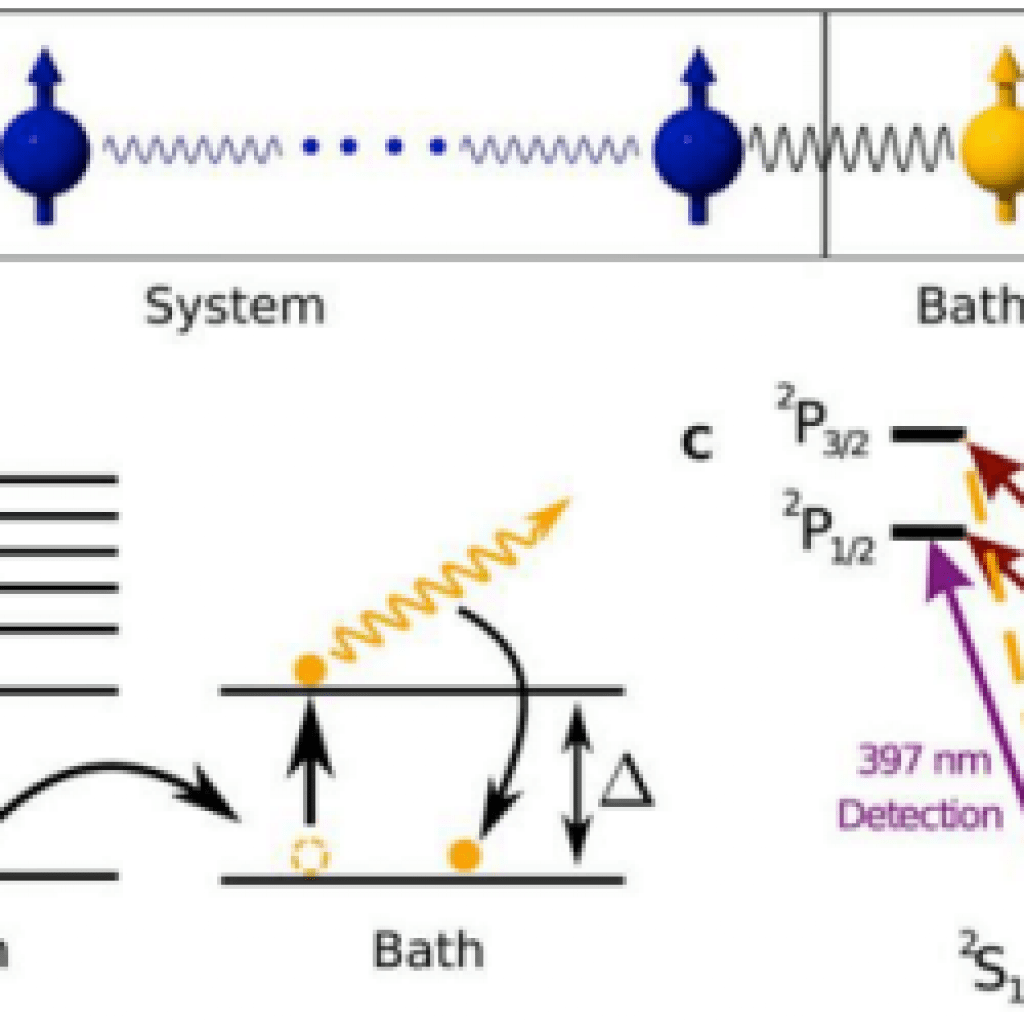(Phys.org) Meghana Raghunandan and a research team at the institute for theoretical physics, QUEST institute and the Institute for quantum optics in Germany demonstrated a new approach simulating computationally complex many-body problems on a quantum simulator.
Quantum simulation is an emergent technology aimed at solving important open problems relative to high-temperature superconductivity, interacting quantum field theories or many-body localization. A series of experiments have already demonstrated the successful implementation of Hamiltonian dynamics within a quantum simulator—however, the approach can become challenging across quantum phase transitions. In the new strategy, Raghunandan et al. overcame this problem by building on recent advances in the use of dissipative quantum systems to engineer interesting many-body states.
Meghana Raghunandan and colleagues demonstrated how adding a dissipatively driven auxiliary particle could sympathetically cool a quantum simulator into low-energy states. The approach is efficient even when using only a single bath spin to exhibit strong robustness against unwanted decoherence occurring in the quantum stimulator. Raghunandan et al. intend to further investigate the scaling behavior by optimally varying the coupling constants of the bath in time.
Research Team at QUEST Institute Demonstrates Initialization of Quantum Simulators by Sympathetic Cooling
